Waste Management
Will America’s Next Big Fuel Source Be Garbage?
Apr 25 2016
A group initiative driven by 12 national laboratories across the United States is seeking to harbour the power of garbage by turning it from an unwanted burden of waste into a useful fuel source. Headed up by Pacific Northwest National Library Laboratory in Richmond, Washington and Ames Laboratory at Iowa State University, the idea took shape at the Big Ideas Summit last year.
Now, the 12 laboratories in question will attempt to bring together several different disciplines to reach their goal. Among other areas, the group will use their cumulative expertise in engineering, chemical sciences, waste management, advanced computing and applied technologies.
A Long Work in Progress
Humans have long recognised the potential energy stored in the ever-increasing amounts of waste we generate. Indeed, determining the value of waste materials as fuel feedstock has become even more of a pressing concern in recent years due to many landfill sites around the globe nearing capacity. As a result, governments and local authorities have attempted to encourage the pursuit of using waste as fuel through the use of legislation and subsidy.
“The idea of using waste as energy source really isn't new,” explained Cynthia Jenks, who is Assistant Director of Scientific Planning at Ames. “For example, some municipal and regional utilities already burn landfill waste as a source for electrical power. But we think there are better, cleaner and more efficient ways to get at that carbon and use the potential energy from it.”
Jenks and her colleagues at all 12 of the participating laboratories are hoping to take the seed of this idea and expand upon it immensely, by implementing refineries at all waste disposal sites in every town across America. Though these would only be capable of producing small amounts of energy on a local scale, their cumulative national contribution would be no trifling figure.
The Aims of the Project
The group has tried to make simplicity the byword of its project. This involves having clear, fixed goals, including the simplest form of technology capable of handling diverse types of waste. It should be positioned onsite at the waste disposal site (wherever that may be) and should not be expensive or difficult to install, maintain and operate.
In order to achieve such ambitious aims, the group will have to face a number of different challenges in a variety of sectors.
“The idea brings together a lot of overlapping interests: chemical research, applied engineering, modular manufacturing, waste management, agriculture [for example, via the use of digestate as an organic fertiliser], industry, and energy sector investors,” Jenks continued. “It's a complex idea with a lot of moving parts, but one that we think will get us a lot closer to accessing the potential energy in these underused resources, and a lot closer to the nation's sustainable energy production goals.”
Each individual biofuel refinery would in theory be capable of contributing the equivalent of 125 oil barrels daily. While this in itself is not a huge figure, if it was implemented across the entire United States, the group predicts it could result in a total of 2.7 million oil barrels on a yearly basis. That would account for as much as 40% of America’s current use of crude oil.
“That's really the ‘big idea,’” concluded Jenks. “Where there is waste, there is energy. We believe that the collective expertise of the national labs, including the chemical research strengths of Ames Laboratory, puts that big idea within reach.”
Events
Nov 26 2024 Paris, France
Nov 27 2024 Istanbul, Turkey
H2O Accadueo International Water Exhibition
Nov 27 2024 Bari, Italy
Biogas Convention & Trade Fair 2024
Nov 27 2024 Hanover, Germany
Dec 11 2024 Shanghai, China
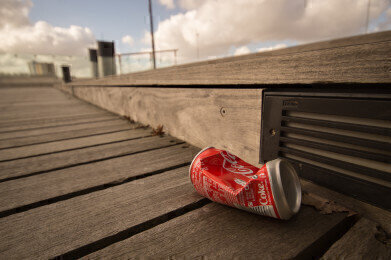
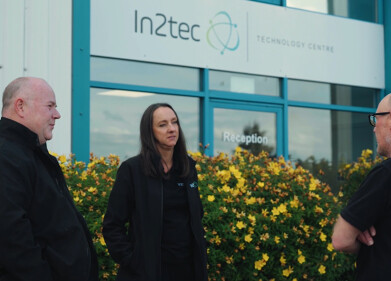
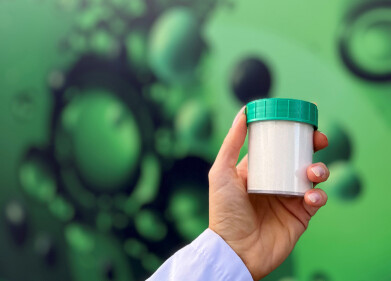
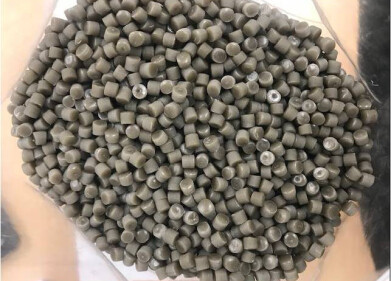
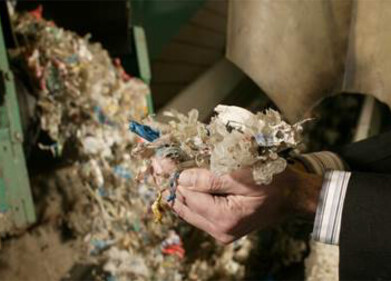


-as-feedstock.jpg)






